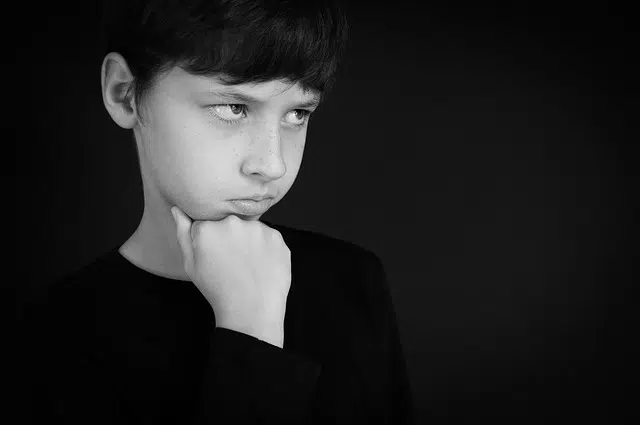
Distrust is based on previous experiences or knowledge.
The idea of distrust refers to the absence of trust : self-confidence; the vigor to act; the hope that is placed in something or someone; or familiarity in treatment. One can distrust, therefore, people, situations, objects, etc.
For example: “That man makes me distrustful, don't lose sight of him,” “For a couple to work, there can't be distrust,” “Is the staircase safe?” It makes me distrustful since I see her as somewhat unstable…”
What is distrust
It can be said that distrust is a forecast or anticipation of a future behavior or event. The person who distrusts intuits that something will happen in a certain way: therefore, according to that belief, he does not grant his trust. Distrust can also arise from a certain interpretation of past or present events.
In a relationship , mistrust is probably the biggest enemy. If we cannot stay away from the other person for fear that they will cheat on us with another person or harm us in any other way, then we have a serious problem that we can solve in three well-defined ways: talking about this insecurity with the other person, to try to resolve it together and dispel any doubts about their behavior; proposing to overcome distrust on our own, coldly analyzing fears until we discover that they are unfounded; leaving the other person to prevent a bigger problem from arising from this.

Distrust can be associated with suspicion.
Some examples
Suppose a young man plans to buy a used car . After reading an ad, he meets with a man who wants to sell his vehicle. The seller assures you that the car works perfectly; However, the interested party has distrust . He notices contradictions in the seller's speech, finds a certain noise made by the engine strange and suspects that the documentation was adulterated. The young man, in short, considers that, if he buys the car, he could be disappointed. Therefore, given the lack of trust, he gives up carrying out the operation.
Let's take the case of a businessman who, faced with certain events that take place in his company, begins to distrust his partner . This distrust leads him to review documents and analyze all the actions carried out by his partner during the work day.
Distrust and lived experiences
The concept of distrust is quite particular: for a person to feel this way it is necessary that something has happened to them before, that they have experienced a great disappointment or a situation that has made them more aware of potential errors, defects or actions. negative ones that can be found in the outside world .
Unlike cunning or intuition, distrust does not arise from an innate ability to obtain benefits or distinguish good opportunities from scams, for example, but from bad experiences that have left an indelible mark. This does not mean that all distrustful individuals are aware of the origin of their attitude towards unknown things or people; On the contrary, most simply assume that it is a personality trait, as spontaneous as any other.
It is possible to debate the link between mistrust and the events of the past that supposedly awaken it, but there are also many people who detect it and try to repair the damage they caused to become more trusting, to move through the world with more peace of mind.
To a certain extent, feeling a little distrustful of the unknown can be useful, since human beings can be deceitful and manipulative if they want to; The ideal, however, is to find that middle point in which this sensation does not block us, but rather allows us to detect lies before they cause us harm .
